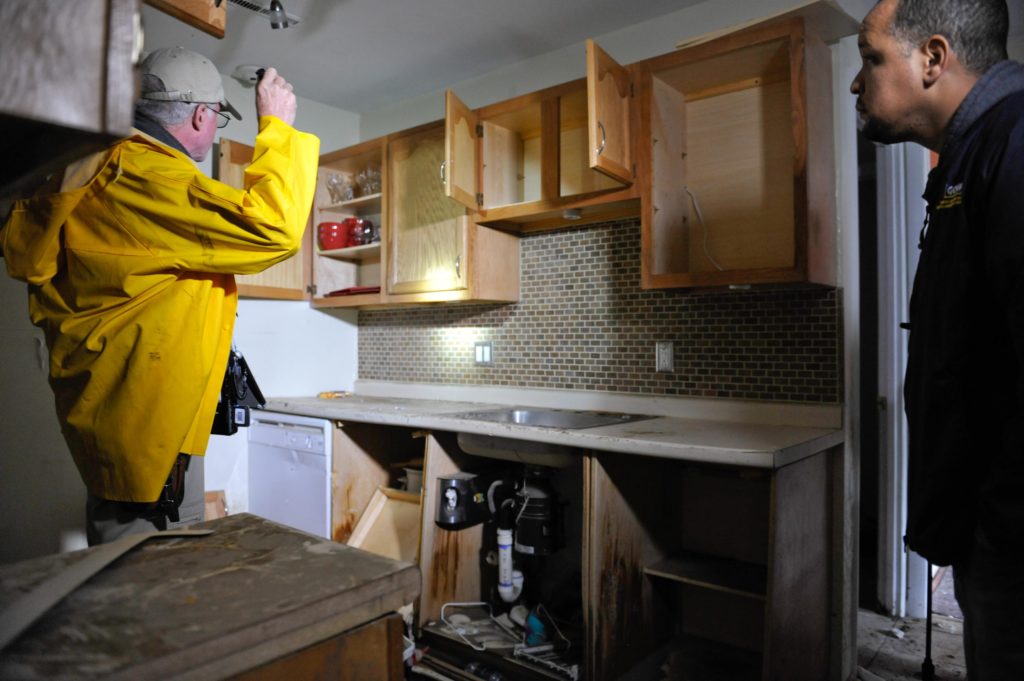How to Survive a Home Inspection

A home inspection is necessary for almost any sort of property deal. During the inspection, a professional will confirm that there are no serious, undisclosed issues. Many times, closing on a home is contingent on a successful inspection. If you are new to selling real estate, the prospect of having a home inspection can seem intimidating. However, passing a home inspection does not need to be difficult. Follow these easy tips to ensure that your home inspection goes smoothly.
Remove Clutter to Increase Accessibility
During an inspection, the inspector will need to be able to look at every part of the house. Try to remove anything that would block even small utility closets or attic doors. Also ensure that the fuse box for your home is easy to reach and does not have anything stacked in front of it. Other spaces that you should also clear out are the areas around heating or cooling systems, underneath sinks, and around fireplaces. The home inspector will not be able to successfully complete the inspection if they cannot look at every part of the property. Unlock all doors and remove any pets.
Get Rid of Dampness
Home inspectors often view damp environments as a liability issue that may signal leaks or result in mold growth. Before a home inspection, have a plumber fix any leaky pipes. Scrub away any mildew, clean out gutters, and set up moisture absorbing traps. Not only does this leave a better impression, but it will also prevent the home inspector for accidentally slipping anywhere.
Make Sure All Lights Work
According to the International Association of Certified Home Inspectors, turning on all lights in the home is an important test that is often failed. This test is just used to ensure that the home’s electrical system is functional. However, the inspector will not be able to know that everything works if a light will not turn on. Even something as simple as a blown bulb or a broken switch can result in the inspector believing that the home has an electrical defect.
Do Not Use Appliances During the Inspection
If appliances are part of the home inspection, the inspector needs to be able to actually examine each appliance. Therefore it is not advisable to have loads of laundry running or something baking in the oven when the inspector arrives. Though this will not cause you to fail the inspection, it will inconvenience the inspector greatly. Empty out all appliances and turn them off before the inspector comes.
Provide Maintenance Records
Proof that you have repaired any recent issues and maintained all appliances is very useful for home inspectors. According to the president of the National Association of Home Inspectors, they are more likely to require another round of inspections if the seller attempts to do a DIY repair instead of hiring documented professionals. If possible, collect all relevant documentation and leave it in a folder for the inspector to review. This shows that you are not hiding any issues and have taken the steps to fix past problems. Being open and honest with the home inspector will prevent them from reacting negatively when they discover hidden issues.
Generally you want to make sure that the home inspection goes as smoothly as possible. A home that is tidy and easy to access will leave a favorable impression. If the home inspector was hired by the buyer, they may not be able to share the results of the inspection with you unless the results impact your own safety. However, if you are patient, the buyer will most likely get in touch with you to share the results soon.



